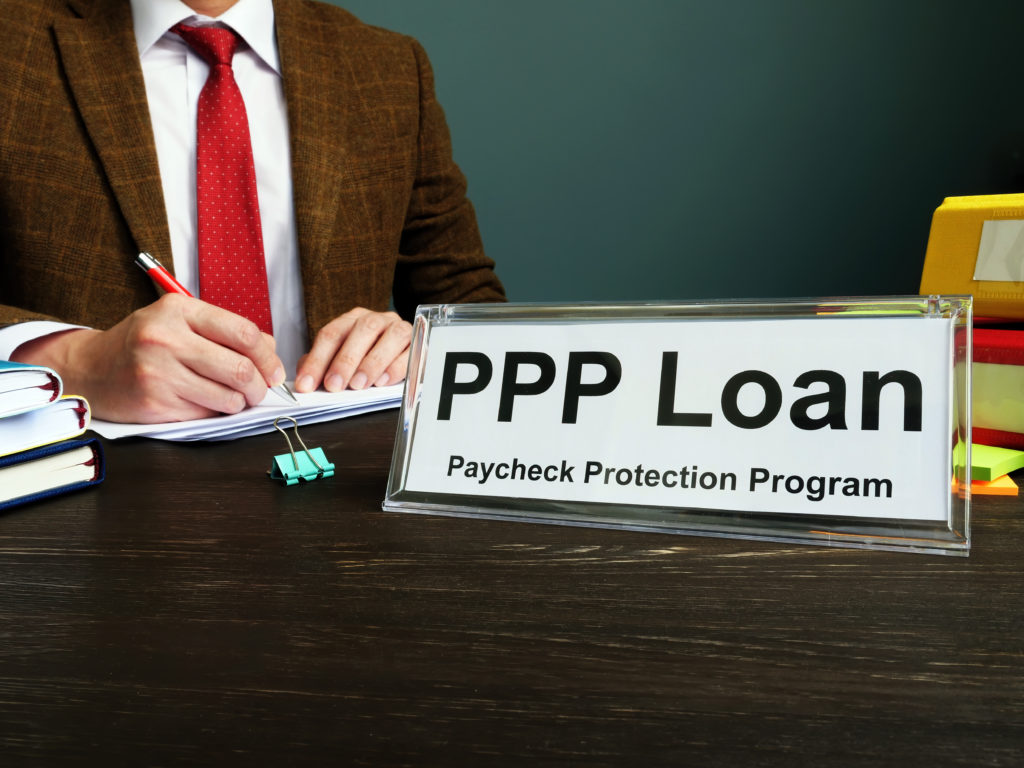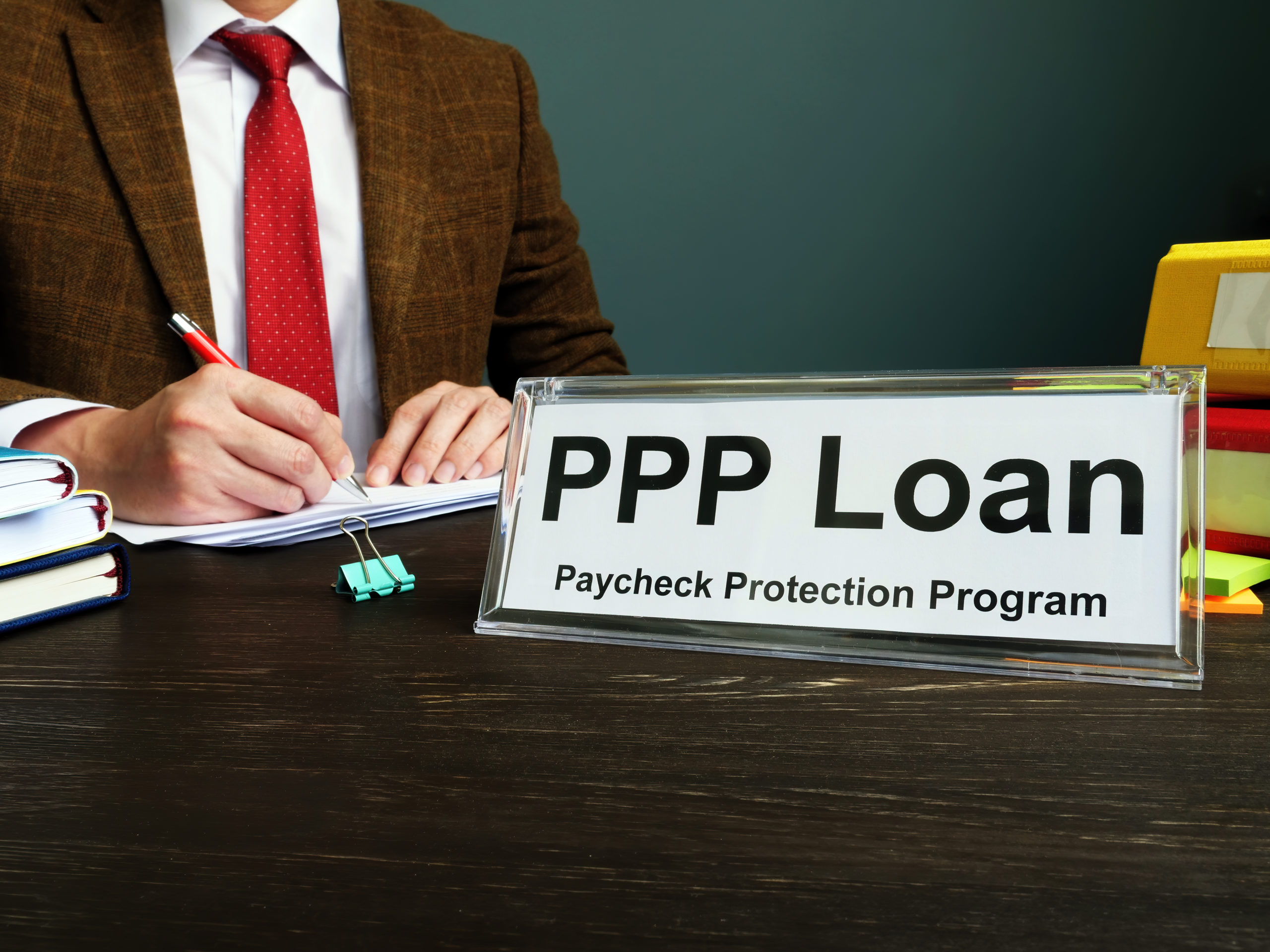The COVID-19 pandemic and the lockdowns put a severe strain on the finances of businesses across the country. Because of the lockdowns, many businesses had to scale down operations or close entirely. In response, Congress established the Payroll Protection Program (PPP), which created a $350 billion fund to loan to small businesses so that they could cover expenses during the lockdowns. The funds were only supposed to be available to small businesses and were only to cover payroll and certain other expenses. Many business owners have been accused of fraud on their PPP loan applications. Although the PPP only began in March, the federal government has already charged at least 15 individuals with crimes related to PPP fraud. These charges can lead to severe penalties, so anyone charged with defrauding the PPP needs skilled lawyers to defend them.
The PPP program ran out of money in just two weeks. The federal government is facing strong public and Congressional scrutiny over the administration of the program, including questions about potential fraud. As a result, the government is dedicating a lot of attention to prosecuting alleged abuse of the PPP. Experienced legal observers have noticed that PPP fraud investigations have proceeded much faster than most federal white collar crime investigations. Many government agencies, including the FBI, are involved in investigating allegations of PPP fraud by individual business owners.
During this tumultuous time many people panicked and rushed their applications. With the guidance and rules changing several times before the program was implemented, it’s more than understandable that an individual could have made mistakes. But an honest mistake isn’t the same thing as fraud which requires intentionality or reckless disregard (“knew or should have known”).

What is PPP fraud?
An alleged PPP fraud can take a variety of forms. Below is a list of scenarios in which a business owner might be charged with crimes. This is not an exclusive list. A person could face PPP fraud charges for other conduct as well.
- Spending PPP funds for unapproved purposes – PPP funds can only be spent on employee pay, mortgage, rent, and utilities. Thus, a business owner who spends PPP funds on something else can be charged with PPP fraud.
- PPP loans from multiple lenders – Many different lenders were authorized to loan PPP money. A business that accepted PPP loans from multiple lenders can be charged with PPP fraud. The federal government can track which businesses have received PPP funds from each lender and has indicated that it will target businesses that have received PPP funds from more than one lender.
- Overstating the number of employees The amount of money a business receives under the PPP depends on the amount a business spends on payroll. A business owner who overstates how many employees the business has on a PPP application can be prosecuted.
- Understating the number of employees – PPP loans were administered through the Small Business Administration (SBA) and were available only to small businesses (under 500 employees in most industries). Understating the number of employees to qualify as a small business can lead to charges.
- Making inaccurate statements on a PPP application – PPP applicants were required to certify in good faith that the loans were necessary to support their business and that all information on the application was accurate. Therefore, a business owner could be prosecuted for making inaccurate statements on a PPP application.
- Identity Theft – Someone who applies for a PPP loan using another person’s identity might face identity theft charges
Some cases of PPP fraud involve obvious misconduct like falsely claiming to own a business or overstating the number of employees to get a larger loan. But as the list above shows, any inaccurate information on a PPP application might result in prosecution, so even fairly innocent mistakes can come with real consequences. Regardless of the nature of any alleged offense, if you’ve been charged with a crime for PPP fraud, you need experienced counsel to represent you.
What charges do people accused of PPP fraud face?
Depending on the circumstances, the federal government might charge people accused of defrauding the PPP under the following provisions:
- 15 U.S.C. § 645: Making a false statement to the SBA. This can result in a fine of up to $5,000 and up to 2 years in prison.
- 18 U.S.C. § 371: Conspiracy to Defraud the United States. This can result in fines and up to 5 years in prison.
- 18 U.S.C. § 1001: Making false statements to the executive branch. This can result in fines and up to 5 years in prison.
- 18 U.S.C. § 1014: Making false statements to a bank. This can result in a $1,000,000 fine and up to 30 years in prison.
- 18 U.S.C. § 1031: Major fraud against the United States. Depending on the size of the PPP loan, this can result in a $5,000,000 fine and up to 10 years in prison.
- 18 U.S.C. § 1343: Wire Fraud. This can result in fines and up to 20 years in prison.
- 18 U.S.C. § 1344(2): Bank Fraud. This can result in a $1,000,000 fine and up to 30 years in prison.
- 18 U.S.C. § 1028A: Aggravated Identity Theft. This can result in up to 2 years in prison.
- 18 U.S.C. § 1349: Conspiracy. This charge occurs when multiple people are accused of working together to commit a crime, and it carries the same sentence as the alleged crime.
A person accused of PPP fraud might face some or all of the charges on the list above, depending on the specific accusations against him or her. There might be additional charges not on the list. As the list of possible charges demonstrates, the consequences of a PPP fraud conviction can be extremely serious. In addition to fines and imprisonment, federal felony convictions will appear on background checks and result in the loss of many of your rights. If you are facing charges for any of these offenses, it is very important that you hire experienced counsel to represent you.
What should I do if I’m facing PPP fraud charges?
If you are the target of an investigation for PPP fraud or have been charged with offenses relating to PPP fraud, you should hire a lawyer as soon as possible. Federal charges are extremely serious, and trying to fight your case without a lawyer is virtually impossible. Decisions you make early on can make or break your case, and you need an attorney to guide you through them. The attorneys at Rosenblum Law are experienced in representing defendants in criminal cases and will use their skills to fight for you.










 888-815-3649
888-815-3649
